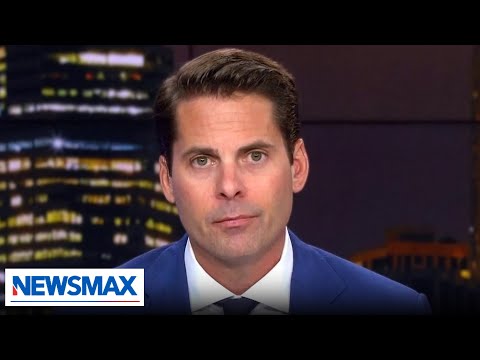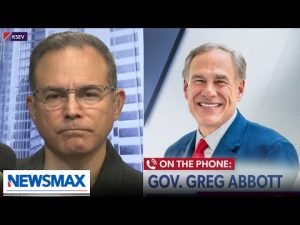In a world where politicians often strategize every move, one name has emerged at the center of heated discussions: Donald Trump. The ever-controversial former president recently sparked a fresh debate by proposing a bold plan to end the ongoing war in Ukraine. This statement has stirred up both excitement and trepidation among conservative supporters, as well as colorful criticisms from Democrats and their allies in the media.
The backdrop to this passionate discussion dates back to the start of some of America’s deadliest conflicts, all under Democratic presidencies. Woodrow Wilson, Franklin D. Roosevelt, Harry Truman, and Lyndon B. Johnson each presided over wars that claimed countless lives. Meanwhile, history notes that it has often been Republican presidents who brought those wars to a close. In a twist of irony, Trump’s assertion that he could quickly negotiate peace in Ukraine has drawn significant attention. After years of relentless fighting, can one man really help to usher in an era of peace?
The war in Ukraine has left a trail of devastation, with estimates suggesting that around a million people are either dead, injured, or missing due to the conflict. While some media outlets have lionized Ukrainian President Volodymyr Zelenskyy, Trump’s questioning of Zelenskyy’s leadership and promises has created a firestorm, with critics insisting that any hint of skepticism undermines the moral cause of defending democracy. Yet one must wonder, in any democracy, what happens when elections are postponed indefinitely? Surveying the landscape, Trump pointed out that no true democratic nation would ever cancel elections, even amid dire circumstances.
As the conversation unfolds, many Republican supporters appear to share the sentiment that the U.S. needs a rethink of its involvement in Ukraine. Trump’s critics seem to have a penchant for labeling him a “dictator” while conveniently sidestepping a narrative that could shine a light on Zelenskyy’s governance methods. This raises eyebrows—if the leaders of democracies can cancel elections in times of war, how democratic are they, really? In a world where definitions of democracy can bend under pressure, many are left scratching their heads.
At the heart of Trump’s argument is a question that resonates: Where has all the money gone? The U.S. has allocated a staggering amount to support Ukraine—around $350 billion, with claims that half of it remains unaccounted for. Conservatives reiterate the dissatisfaction among taxpayers who want transparency regarding how their hard-earned money is being spent. This is a valid concern, especially as images of chaos pour out from the ongoing war, reminding everyone of the human cost of such unresolved conflicts.
With calls for peace ringing louder, it appears that American voters are increasingly weary of what could feel like an endless engagement in foreign wars. As presidential hopefuls begin to outline their platforms ahead of the next election, many will need to address not only the complexities of international diplomacy but also the growing sentiment within the electorate craving a return to fiscal responsibility, transparency, and an end to military entanglements. Whether Trump holds the magic key to ending the war or simply raises more questions is still up for debate, but one thing is certain: as long as there are troops in the field, the American public will remain invested in the conversation. After all, peace might not have a clear solution, but the desire for it is unyielding.



